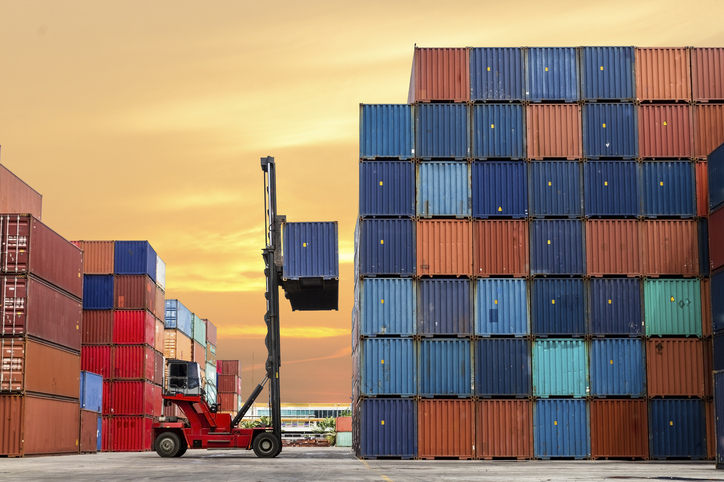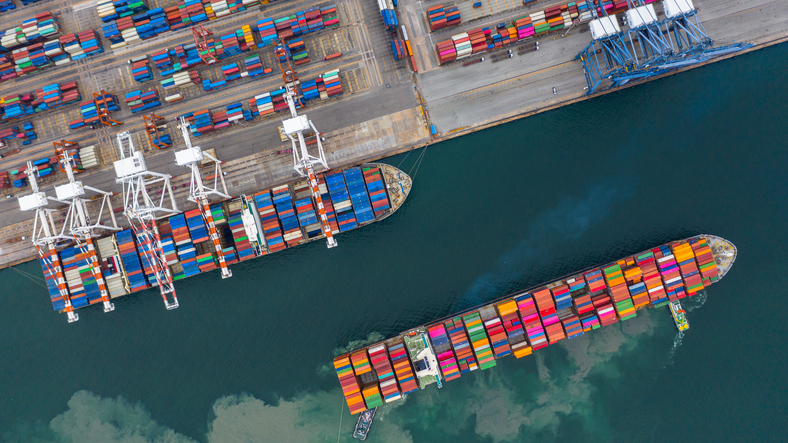
The Weekly Roar
In this week’s Roar: Production ramping up, a return to normal trans-Pacific shipping operations, a 15% rebate on fees through the Suez, optimizing supply chains despite tariff challenges, and diesel prices down again.
With a new 90-day tariff window, companies are ramping up production. While economists are still expecting a slowdown despite the temporary trade agreement, businesses are resuming factory operations and starting to ship goods. With a surge in shipping demand expected, there’s the potential for higher costs and delays. Some companies plan to reverse price increases and start producing again, while others are simply modifying their product lines in order to manage production schedules. And some are stocking up on products shipped from Chinese warehouses in case tariffs increase again.
 Thanks to the new US-China agreement, ocean container lines are preparing to return to normal trans-Pacific operations, anticipating a surge in demand for eastbound vessel capacity. While the pause is viewed positively, and increased bookings from China to the US are expected, uncertainties remain. With the potential of a strong start to the peak season, some are questioning the readiness of supply chains, specifically in things like vessel space, equipment availability, and the response of cargo owners. So it’s difficult to predict just how far back to normal things will get on trans-Pacific routes.
Thanks to the new US-China agreement, ocean container lines are preparing to return to normal trans-Pacific operations, anticipating a surge in demand for eastbound vessel capacity. While the pause is viewed positively, and increased bookings from China to the US are expected, uncertainties remain. With the potential of a strong start to the peak season, some are questioning the readiness of supply chains, specifically in things like vessel space, equipment availability, and the response of cargo owners. So it’s difficult to predict just how far back to normal things will get on trans-Pacific routes.
The Suez Canal Authority (SCA) has announced a 15% rebate on transit fees for container ships with a net tonnage of 130,000 tons or more, effective May 14. The move comes in response to requests from container ship owners and operators, and the recent positive developments in the situation in the Red Sea and the Bab al-Mandab Strait. The rebate aims to encourage carriers to return to the canal and restore confidence in the route.
A new report highlights that middle-market companies are ramping up efforts to optimize their supply chains amid constantly changing trade and tariff challenges. Decision makers from over 300 North American supply chain firms with annual revenues between $10 million and $1 billion reveal a strong emphasis on technology investments, compliance, and outsourced services. While 93% of respondents trust their supply chain data for decision-making, 91% say they need further technology advancements, and 88% are interested in leveraging AI across their supply chains. Additionally, 85% say they’re prepared to face any upcoming trade policy changes, with many of them actively updating policies and investing in technology.
The national average price for diesel fuel fell for the sixth consecutive week, dropping 2.1 cents to $3.476 per gallon for the week of May 12, 2025. This comes after a 1.7-cent decrease the previous week, continuing a downward trend. This is a big deal for the freight transportation sector, as lower prices directly impact operating expenses for carriers and logistics providers. And it’s something that could potentially benefit consumers as well.
For the rest of the week’s top shipping news, check out the article highlights below.









